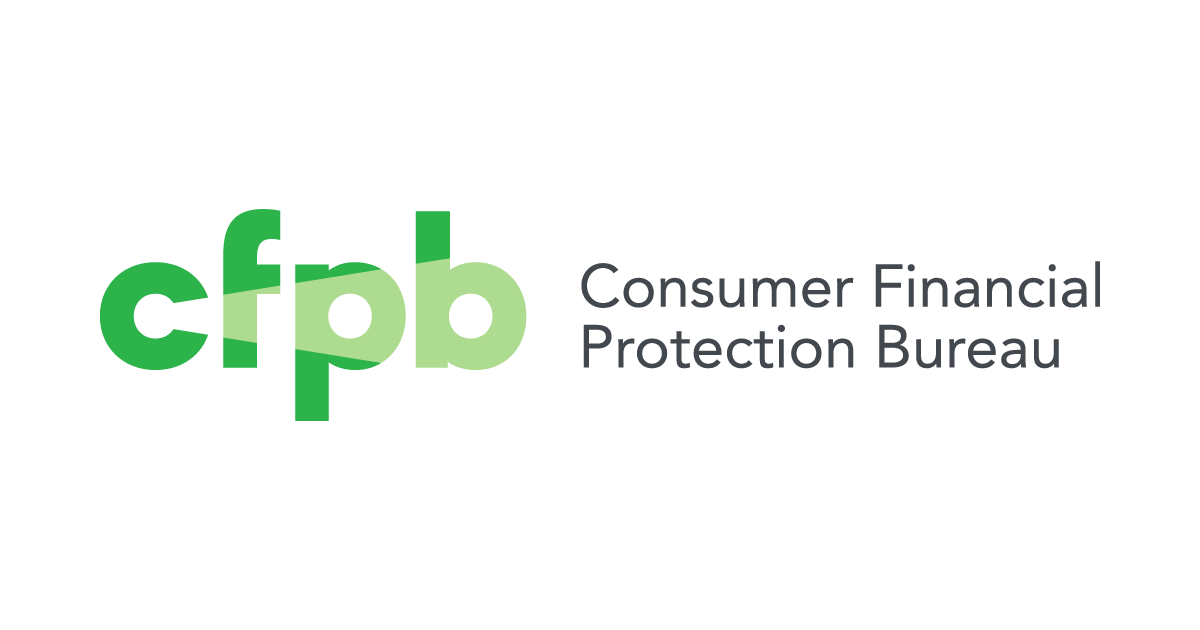
Prevagen May Have Memory Problems
TINA.org continues to support FTC, New York in federal court.
TINA.org supports FTC’s proposed rule and suggests revisions.
| Eliza Duggan
Customer reviews weigh heavily on consumers’ purchasing decisions. But fraudsters have generated thousands of fake consumer reviews and star ratings for products and services all across the internet. It’s a growing problem that is making reviews a source of widespread consumer deception. And while some savvy consumers might be able to detect when a review is fake, most consumers trust online reviews. Consumers have the right to assume that reviews and ratings come from other genuine consumers — not bots, imitators, generative AI or the businesses themselves. Further, businesses who follow the law and only post legitimate reviews cannot compete with those who are using false reviews and impermissibly inflating their ratings.
The FTC is proposing a rule to crack down on fake reviews and testimonials. If enacted, the proposed rule would ban businesses from soliciting, buying, selling or posting any reviews it knew or should have known were fake. Further, it would ban businesses from paying consumers to give them positive (or negative) reviews, or from repurposing reviews for substantially different products. It also would create more parameters around officers or employees of a business writing reviews for the business. If businesses violates these rules, they would be engaging in unfair practices and deceptive marketing — that means, they’ll have to pay costly penalties for posting fake reviews.
On Friday, TINA.org submitted a comment applauding the commission’s efforts, as this rule will help prevent consumers from being manipulated by the influence of such deception. Our comment highlighted our investigations in this arena, and made a few suggestions for making the rule even more effective.
TINA.org’s investigations have uncovered many businesses using deceptive reviews and testimonials in their marketing — including the kinds of fakery the FTC identified in its proposed rule. For example, we examined an investment research company whose reviews reported outrageous earnings claims and posted multiple identical reviews across its website under different reviewer names. Another investigation revealed numerous companies using deceptive testimonials to trick elderly consumers into believing that their unproven products could treat a number of diseases, including cancer, heart disease and high cholesterol. Another company claimed its supplement could aid children with speech delays, and attributed reviews with impossible results to generic stock photo families. And, a 2019 investigation into a multilevel-marketing company revealed that 80 percent of the company’s 100 five-star customer reviews on the BBB came during a one-week period. While many of the reviews admitted that the endorsers worked as distributors for the MLM, others did not. These practices deceive consumers and rob them of their time and money, and unfortunately, the fake review market continues to grow in scope and sophistication.
As for revisions to the proposed rule, first, we suggested that some of the definitions be clarified and expanded. For instance, the definition of “businesses” that are liable for violating the rule should be expanded so that all those who have a hand in using, creating, publishing or soliciting fake reviews (e.g., endorsers, advertising agencies, etc.) are held accountable. Similarly, the definition of “consumer reviews” should be clear that it doesn’t matter where on the internet the review is posted for liability to kick in — fake is fake.
We also suggested that the rule needed to be more clear that star ratings (which are often the quickest and easiest way for consumers to decide to buy a product) that incorporate fake reviews are an independent and separate violation of the rule.
In addition, for businesses that who want to compensate reviewers, the rule should be clear that even an implication that a paid reviewer give a positive or negative review constitutes a violation. After all, just the act of being compensated makes reviewers more likely to give positive reviews.
Lastly, we believe that businesses should not be automatically allowed to repurpose reviews among a product’s various flavors, as the proposed rule currently authorizes, since taste can — in certain situations — have a major impact on consumer experience.
Fake reviews are an insidious problem because consumers rely on reviews in making their purchasing decisions for millions of products and services. Moreover, it is nearly impossible for consumers and honest businesses to decipher which reviews are fake. Given that consumers and legitimate businesses are unable to protect themselves from this deceptive marketing tactic, they are reliant on the FTC to prosecute businesses who falsely inflate their online reputations — a strong rule will assist the commission in this endeavor.
Read TINA.org’s full comment here.
TINA.org continues to support FTC, New York in federal court.
Legislators should protect the work of the Consumer Financial Protection Bureau.
Companies should not be able to trap consumers into subscriptions that they do not want.


